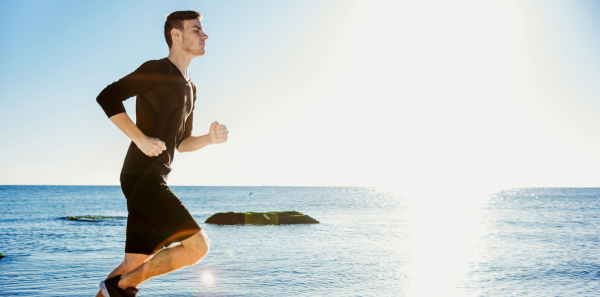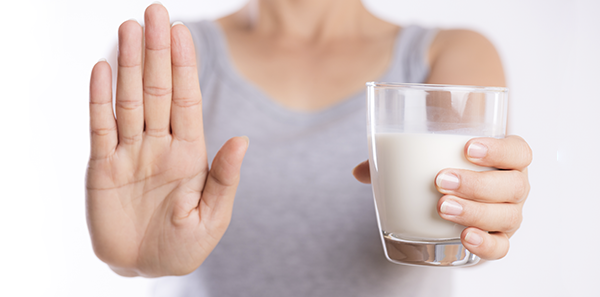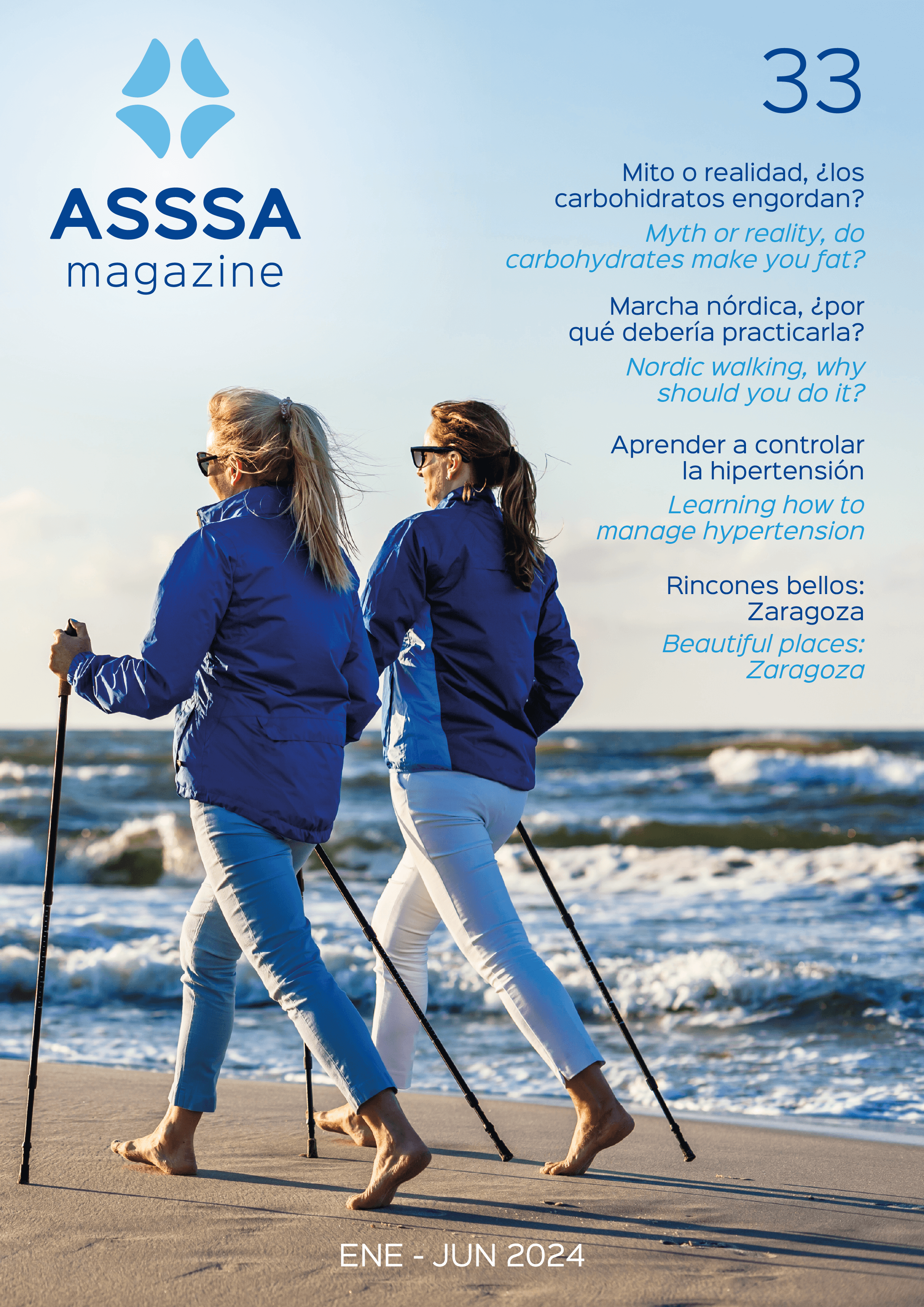
Sport is important during all seasons, even in summer. However, certain measures must be taken due to the high temperatures, as it can increase the risk of heat stroke, hyperthermia, sunstroke or dehydration, as well as increased heart rate, among other problems. Here are some key points follow:
- Avoid the hottest times of day (11:00-16:00)
Opt for early morning or late afternoon training, or choose cool, air-conditioned places, such as gyms or indoor sports facilities, with good ventilation and no humidity. This will help you to maintain the correct body temperature and reduce heat stress.
- Stay hydrated
Drink water before, during and after exercise, as heat causes increased fluid loss through sweating. It is advisable to drink water every 20-30 minutes while exercising rather than waiting until you are thirsty. Isotonic drinks can also be used to replenish lost electrolytes and maintain the balance of mineral salts in your body.
- Use sunscreen with at least SPF 30.
It is important to reapply sunscreen every 2 hours, especially if you are sweating a lot, remembering to apply it to your face, neck, arms and legs. In addition, it is advisable to wear clothing and footwear suitable for the heat, i.e. lightweight, breathable and light-coloured clothing, and preferably with UV protection, as well as hats and sunglasses.
- Distance meals from training sessions (1-2 hours)
Pre-workout meals should be light and healthy, and should be eaten 1 to 2 hours before training. This will ensure proper digestion and prevent feeling overheated, fatigued or bloated.
- Maintain a good diet
Eat water-rich fruits and vegetables (such as watermelon, cantaloupe, cucumber and celery), as well as protein and carbohydrates to replenish energy used during exercise.
- Adapt rhythm and listen to your body
It is important not to overexert your body and to control the intensity and duration, decreasing it as necessary. Overexertion in high temperatures can lead to heat stroke, contractions, tears or other injuries.
If you are not used to exercising in the heat, start with shorter sessions and gradually increase the intensity and duration.
- Pay attention to warning signs
If you experience signs of heat exhaustion, such as dizziness, low blood pressure, muscle cramps, profuse sweating, nausea, headache or confusion, stop immediately, find a cool place and drink water, as these are signs of dehydration and heat stroke.
It is also important to remember that sweating is not related to fat loss and it is therefore dangerous to go out running or to play sports in the sun wearing too many clothes or covered in nylon, cellophane or towels. This can cause dehydration and lead to problems.
Knowledge of the correct practices maximises the benefits of sport and protects your health.












